The "princess phase" is something most parents are familiar with.
It's when their daughters become obsessed with lovable heroines from some of our favorite Disney films, whether they're from the classics like Cinderella and Snow White, or the contemporary films that featured more multi-layered personalities like Pocahontas, Mulan, and even the aloof but headstrong Rapunzel from Tangled.
The princess phase is evident when a household becomes cluttered with accessories and costumes resembling their child's favorite characters left abandoned on the living floor in favor of a newer distraction. But aside from the headaches as a result of an accumulation of toys, parents have one sticking point about this rite of passage.
Upworthy noticed that a fascination with Disney princesses can lead to false perceptions of gender roles and expectations of a "someday my prince will come"-type mentality.Granted, the recent spate of Disney films have featured more empowering young women than their predecessors – with book smart savvy characters like Belle, or headstrong Jasmine who will not be taken for a fool – but mothers still worry over their daughters adopting the concept of the damsel in distress trope as an acceptable part of adolescence.
How would girls cope once they realize there are no castles and balls to be had, with a tall drink of water kissing them back to life after a long nap, nowhere to be seen to rescue them?
But they shouldn't be too quick to make negative assumptions about the princess phase.
One father embraced it as an opportunity to undermine its stigma by proposing that fairy tail trappings could still teach valuable lessons if viewed from a different perspective.
Author Greg Hogben posted a screenshot of one woman's anecdote about her father on Twitter and captioned it with, "How to parent a princess."
The post was written by someone with the handle, "constant_instigator," and shared how her father used a fairy tale setting as a teachable moment when she was a little girl.
"I get why a lot of people hate the whole princess culture aimed at little girls. There's a hell of a lot of toxic bullshit in there."
"But when I was a tiny princess, my dad used to be my royal advisor. He would come to me, and over tea we would discuss the problems of the kingdom."
"He would tell me that new people wanted to move to the kingdom, and ask me what we should do. Or he would tell me that the teddybears and the dolls were fighting over the enchanted forest, and ask me what to do."
"Basically, he took the trappings of the princess culture, and used it as a tool to teach me about leadership, civic responsibility, and compassion."
The commenter added:
"So if you have a little princess around, consider helping her figure out how to run her kingdom. There's no sense in telling a kid they can't be a leader, or that they can't wear sparkles while they do it."
Twitter gave this wise father a royal reception for his insightful parenting tip.
"I'm a guy can I still be your daughter" – doorrace
Princesses get a bad rap.
"It's kind of sad that being called a princess is so often synonymous with being a selfish brat. Princesses had to have a great deal of self discipline, etiquette, and responsibility." – GravitySkies
Disney princesses being notorious for being passive certainly sparked a debate. This user's opinion turned into a dissertation.
" Funny, though, seems like the most influential princess stories, the Disney ones, emphasize kindness toward others, humility, perseverance, etc. Even ones like Snow White and Cinderella. I mean, you could argue that those characters are passive (though I think the idea that they just make the best of bad situations is an at least an equal argument), but they're certainly not pampered for most of the stories. In those cases, though, seems like marrying and becoming a princess is the reward at the end. There's been a shift away from that, but..."
"One thing I really like about Star vs. the Forces of Evil is how it gets into the pressures of ruling. Star starts out as kind of a brat, but it's at least in part because she's trying to buck pressure. The show puts emphasis on how much she dreads the restrictions she'll face as queen. There are at least a couple of characters set up to illustrate possible paths she could take - sacrificing her personal happiness for duty, or abandoning responsibility for personal fulfillment... It really gets into the detriment of ruling on the ruler. And also the injustice perpetrated on the ruled. Star eventually does start to take her role seriously, but not in the way she dreads - she's much more concerned about social justice than decorum. Which definitely isn't easy, either, but it's important to her. Oh, yeah, the series ends up deconstructing the idea of monarchy in the first place, and... I think it's probably going to end with Star forming a more democratic form of government."
"...What were we talking about again?" – newyne
This could translate well over into the fantasy world for boys too.
"Imagine having a parent that is a DnD Dungeon Master and the storyline they could create." - Galaxy-Hitchhiker
A young girl can be anything she wants to be: philanthropist, doctor, or even the president of a kingdom. And those possibilities should never be left in Fantasyland.

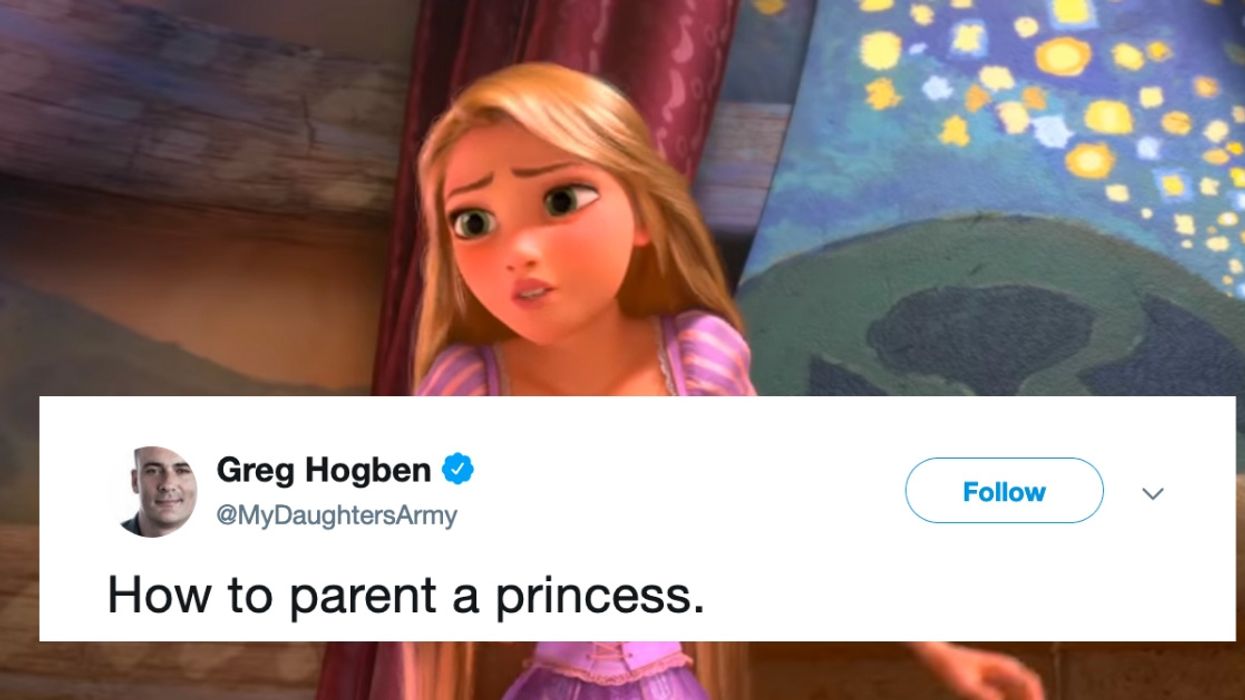



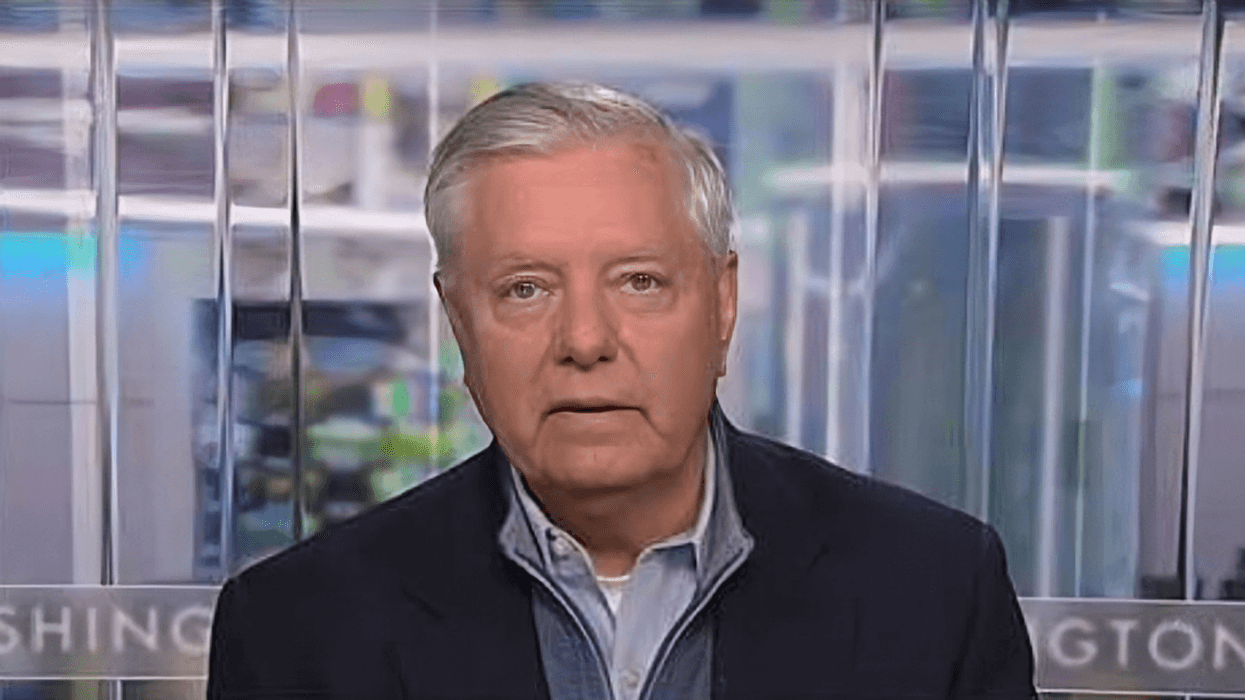
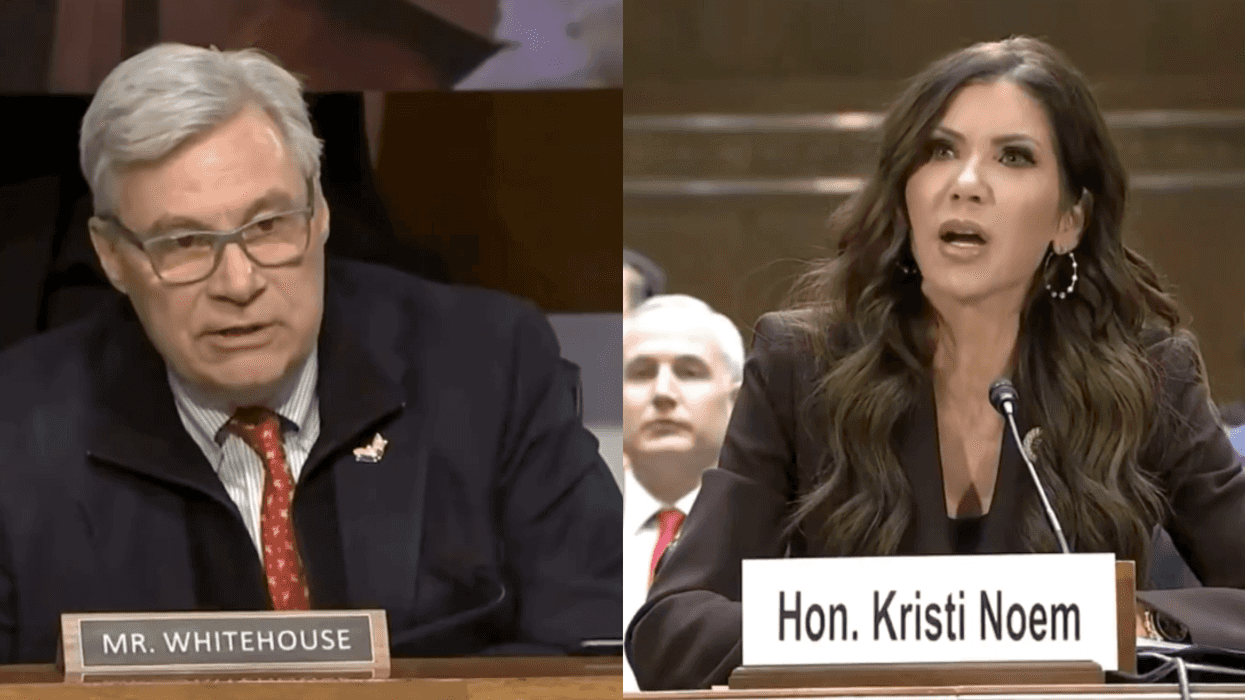





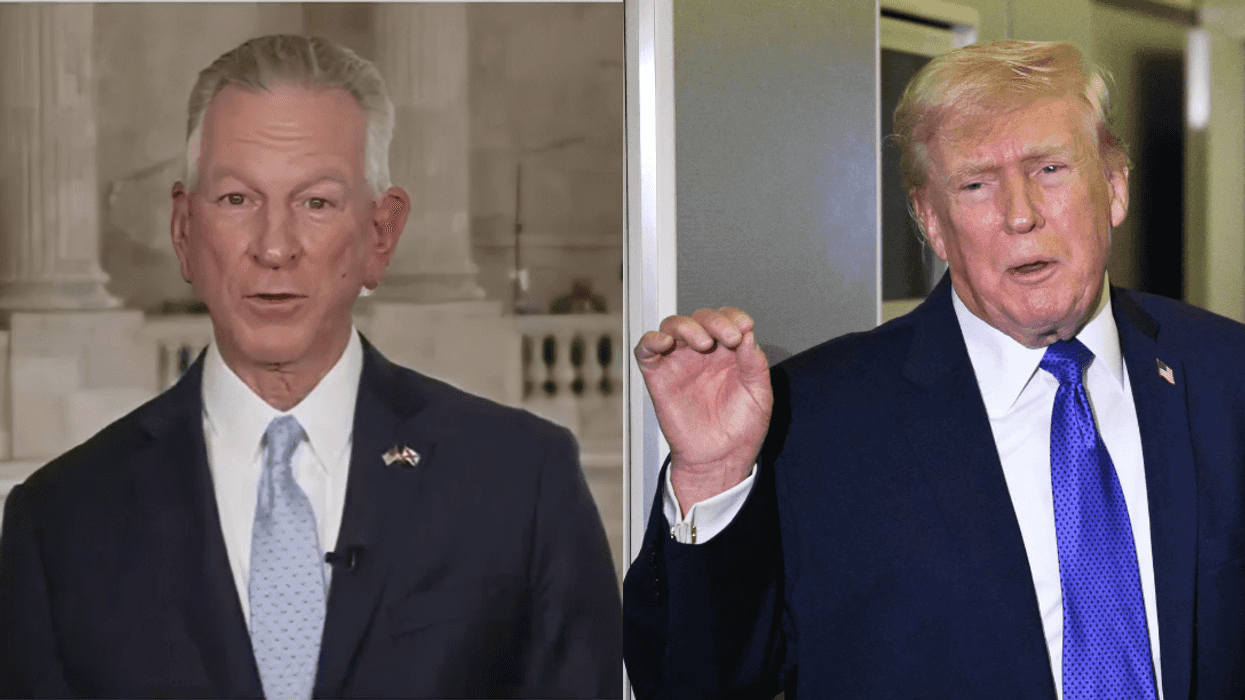

 @CNN/Instagram
@CNN/Instagram @CNN/Instagram
@CNN/Instagram @CNN/Instagram
@CNN/Instagram @CNN/Instagram
@CNN/Instagram @CNN/Instagram
@CNN/Instagram @CNN/Instagram
@CNN/Instagram @CNN/Instagram
@CNN/Instagram @CNN/Instagram
@CNN/Instagram @CNN/Instagram
@CNN/Instagram @CNN/Instagram
@CNN/Instagram @CNN/Instagram
@CNN/Instagram @CNN/Instagram
@CNN/Instagram @CNN/Instagram
@CNN/Instagram @CNN/Instagram
@CNN/Instagram @CNN/Instagram
@CNN/Instagram @CNN/Instagram
@CNN/Instagram @CNN/Instagram
@CNN/Instagram @CNN/Instagram
@CNN/Instagram @CNN/Instagram
@CNN/Instagram @CNN/Instagram
@CNN/Instagram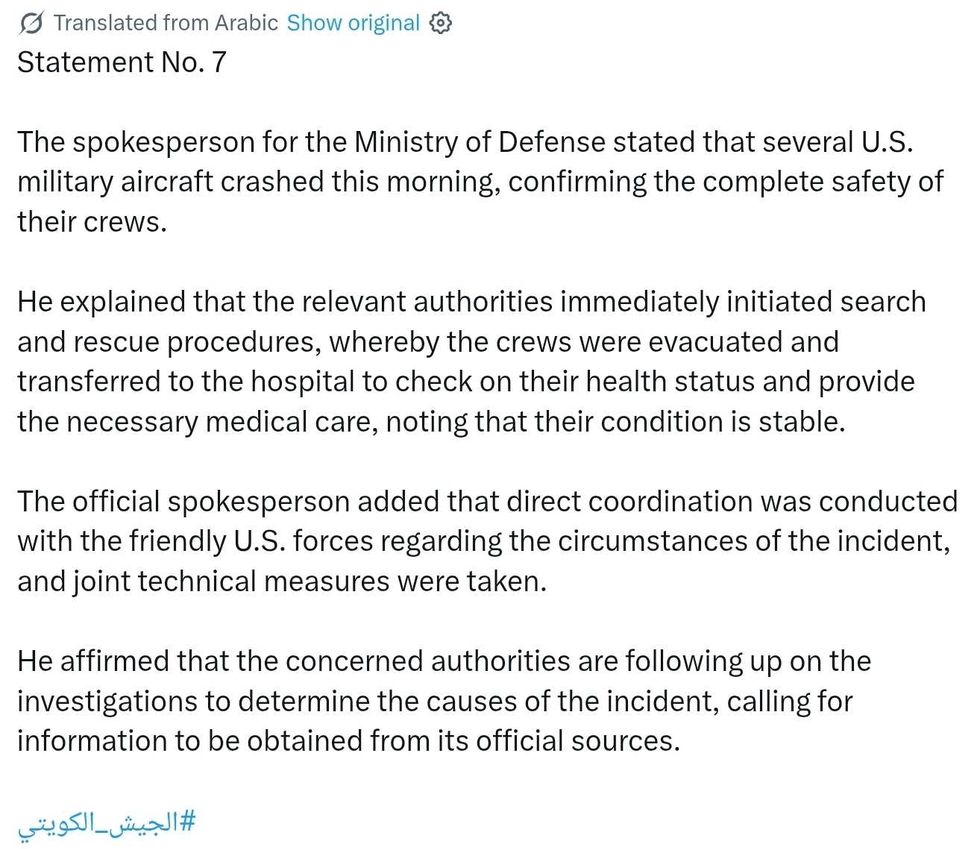

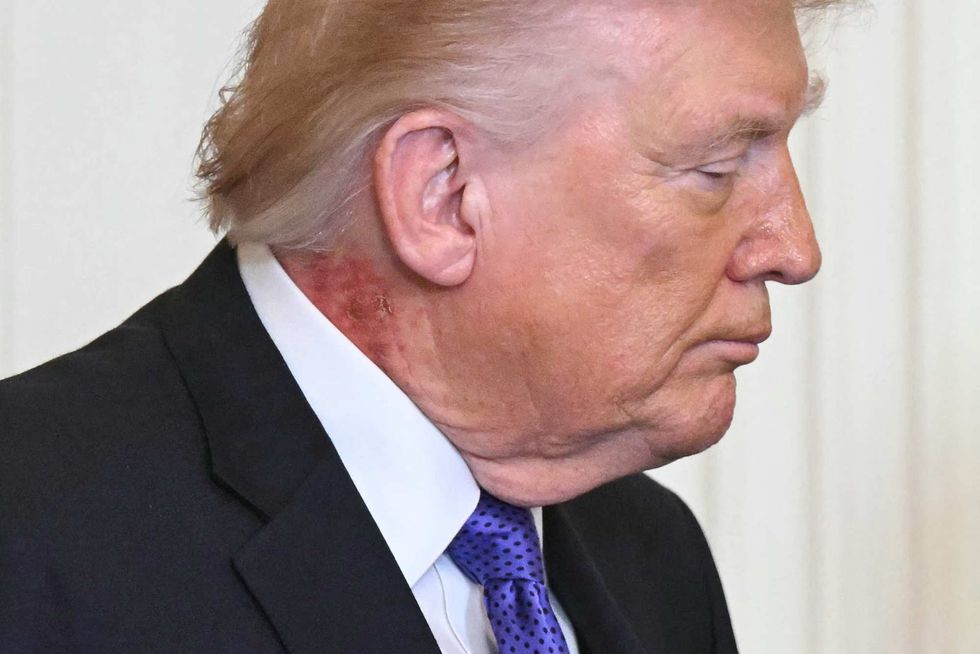 Saul Loeb/AFP via Getty Images
Saul Loeb/AFP via Getty Images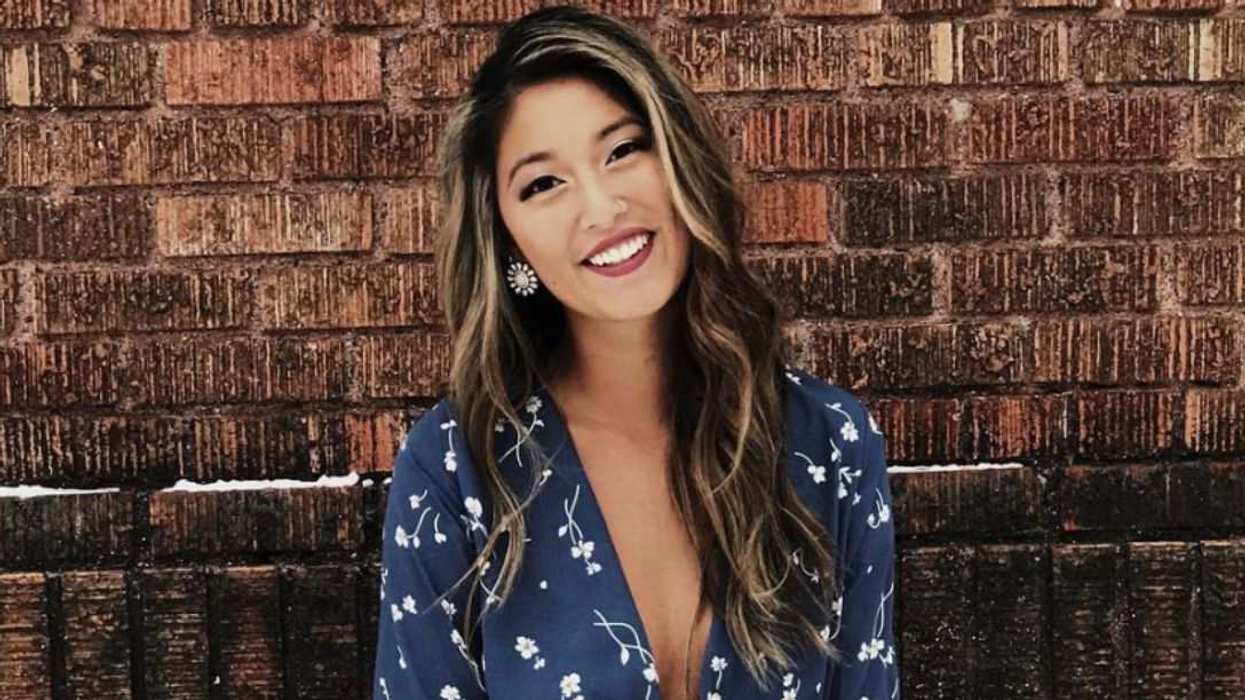
 @tabithadumas11/Instagram
@tabithadumas11/Instagram @basicallyemilyphoto/Instagram
@basicallyemilyphoto/Instagram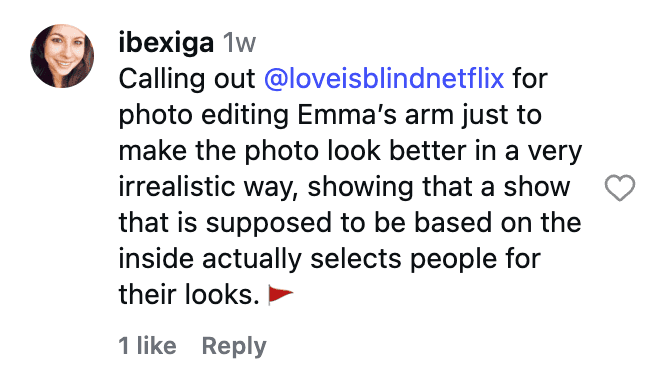 @ibexiga/Instagram
@ibexiga/Instagram @operasaurus/Instagram
@operasaurus/Instagram @gabbyyhorne/Instagram
@gabbyyhorne/Instagram @rosieposie_josie/Instagram
@rosieposie_josie/Instagram u/Happylittlepinetree/Reddit
u/Happylittlepinetree/Reddit u/idkeverynameistaken9/Reddit
u/idkeverynameistaken9/Reddit u/absentmindedlurking/Reddit
u/absentmindedlurking/Reddit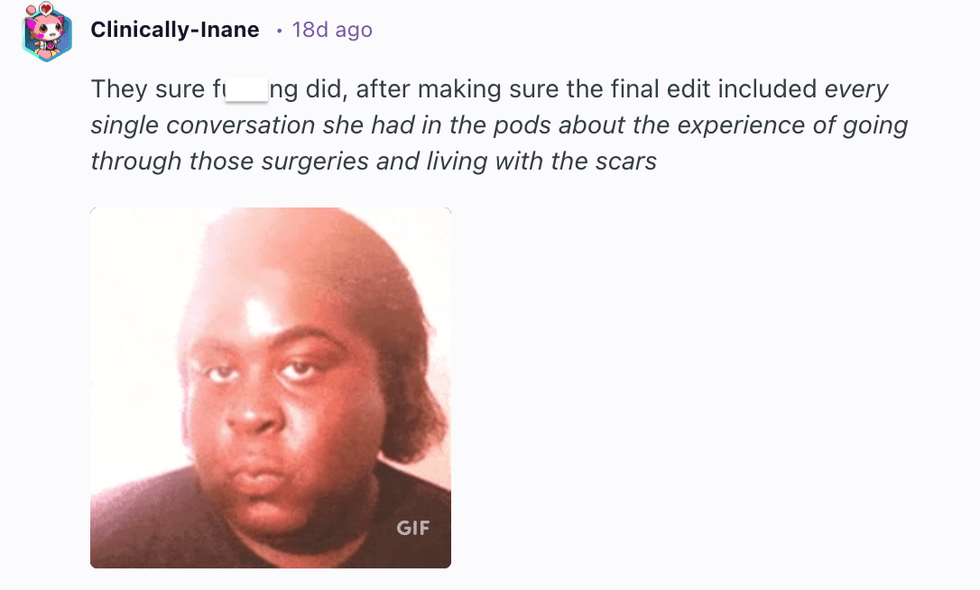 u/Clinically-Inane/Reddit
u/Clinically-Inane/Reddit u/Make_Buff_Again/Reddit
u/Make_Buff_Again/Reddit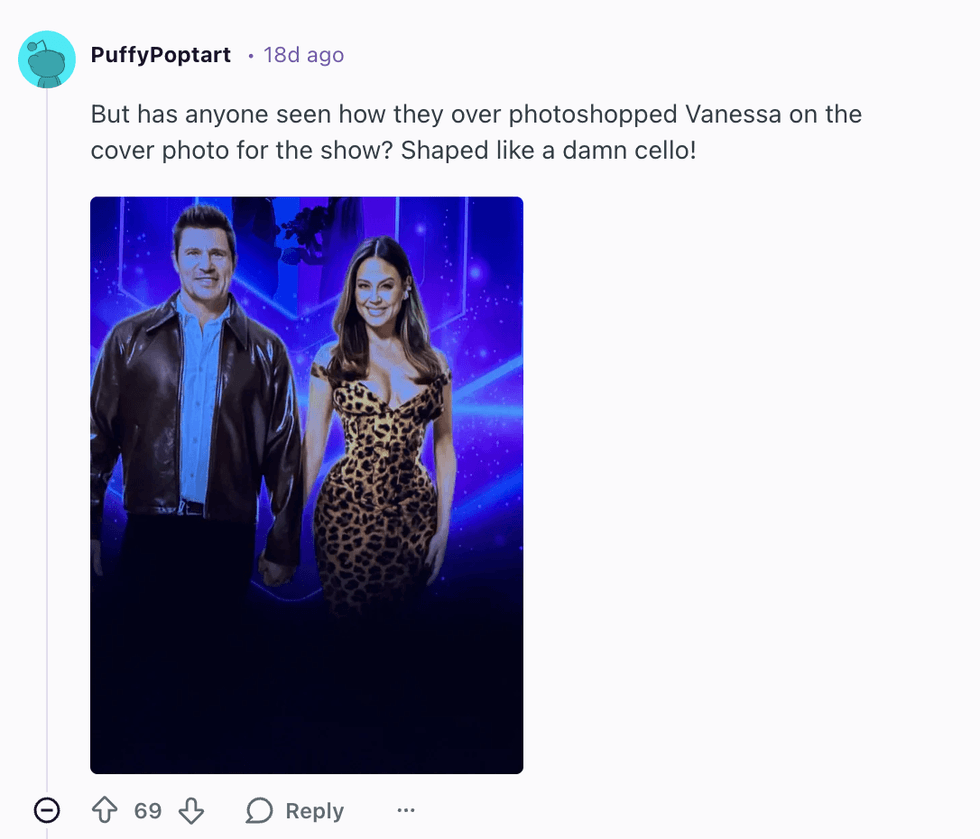 u/PuffyPoptart/Reddit
u/PuffyPoptart/Reddit